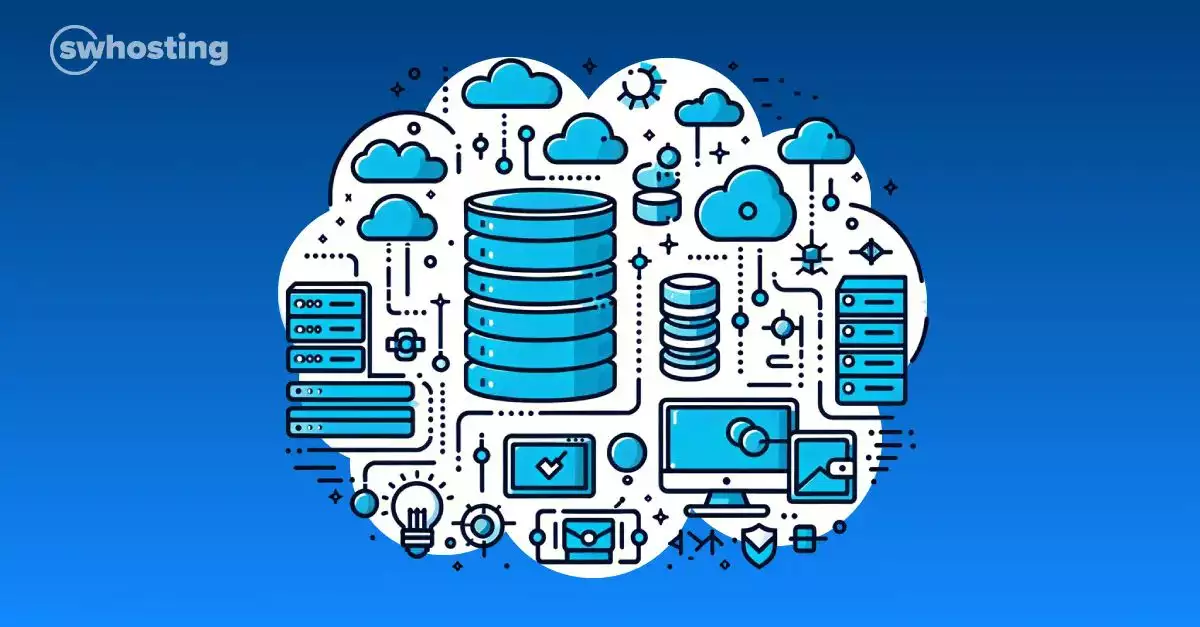
In the world of technology and data management, databases play a critical role. From mobile applications to large enterprises, a solid database is crucial to efficiently store, organise and access information. Below we explore the five most widely used databases worldwide:
Oracle Database is one of the oldest and most widely used relational databases in the business world. It is known for its scalability, security and reliability, making it a popular choice for large enterprises and government organisations. Oracle Database offers a wide range of features, including support for partitioning, replication, spatial data management and high availability.
MySQL is a widely used open source relational database. It is known for its reliability, speed and ease of use, making it a popular choice for both small web applications and large enterprise systems. It is compatible with a variety of platforms and offers a wide range of features, including support for ACID transactions and master-slave replication.
Microsoft SQL Server is a relational database developed by Microsoft. It is widely used in enterprise environments due to its integration with other Microsoft tools, such as the .NET Framework and Visual Studio. Microsoft SQL Server offers advanced features such as support for stored procedures, triggers, ACID transactions and replication, making it a solid choice for mission-critical enterprise applications.
PostgreSQL is another open source relational database that has gained popularity in recent years. It is known for its robustness, extensibility and compliance with ANSI SQL standards. PostgreSQL offers support for advanced features such as ACID transactions, foreign keys, stored procedures and custom data types, making it ideal for a wide range of applications.
MongoDB is a document-oriented NoSQL database that has become very popular for web and mobile applications. Unlike relational databases, MongoDB stores data in flexible JSON documents, which facilitates scalability and adaptability to changes in the data schema. It is highly scalable and offers features such as indexing, replication and automatic partitioning.
In conclusion, databases are at the heart of many applications and systems in today's digital world. With a wide variety of options available, from relational databases to NoSQL databases, it is crucial to choose the right platform that suits the specific needs of your project or company.
At SW Hosting you have at your disposal different Cloud plans to install the database engine that you like the most:
cta:cloud_so
Which of these databases have you used or do you find more interesting? Share your experiences in the comments!